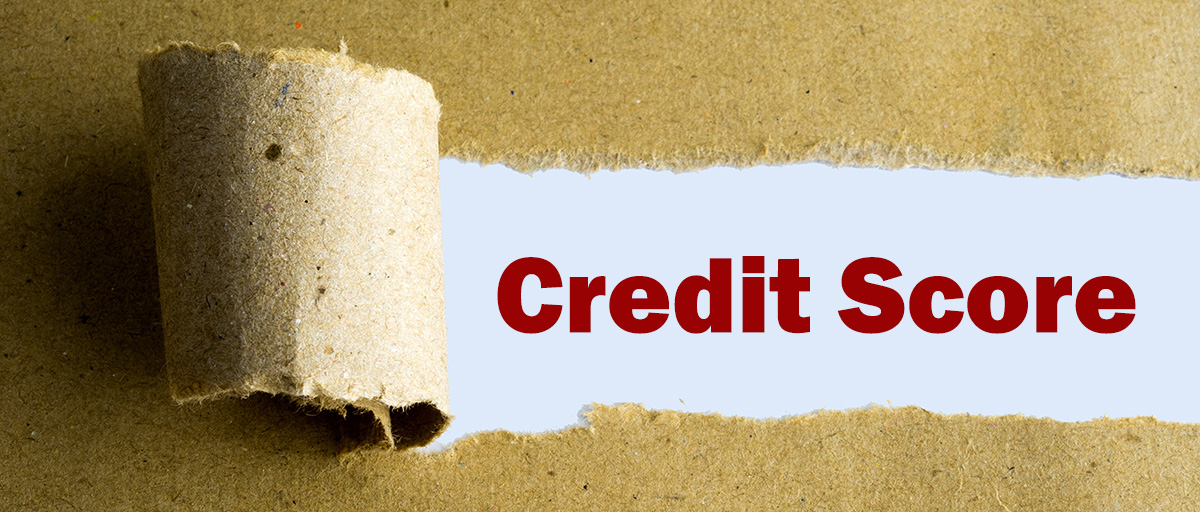What is a Credit Score and
How Does it Work?
What is a Credit Score and
How Does it Work?

-
What is a Credit Score and how does it work?04 Aug 2017
Banks and Financial Institutions offer a variety of products for borrowing funds, either secured (against an asset, such as a home loan or gold loan) or unsecured (based on the credit worthiness of the individual, such as credit cards and personal loans). However, before approving a loan, a financial institution tries to determine the ability of the borrower to repay the loan. The measure for judging this ability is known as the creditworthiness or the credit score of the individual.
Credit scores are commonly used as a primary criteria in determining the ability of a borrower to repay the borrowed funds in a timely manner. Banks collect data on the basis of the PAN numbers of the individuals and make it available to a central credit rating agency such as CIBIL or Experian. The credit rating agency assigns Credit Scores on the basis of the consolidated Credit Information Report (CIR) collated from the data collected by it from the various banks and financial institutions.
"The Credit Score is a composite of the borrowing and repayment history of the individual, based on the various loans and borrowing instruments like credit cards that the individual has availed of in the past", says Rohit Patwardhan, Head - Risk, at HDB Financial Services Ltd. He further adds, "However, banks and financial institutions such as non-banking finance companies (NBFCs) also provide loans to people with lower scores, depending on their individual evaluation".
In India, the credit score is a value between 300 and 850, with a higher score denoting higher creditworthiness of the borrower. A score of above 700 is usually considered a good score, and one the above 800 is excellent. A score below 600 is usually considered average to poor. Interest rates in such a scenario can be higher, taking into consideration the higher risk which the lender is accepting in providing such a loan.
Credit scores are a composite of the following factors:
- The total credit limit on the credit cards you presently own and operate.
- History of timely repayment on the credit cards – if you pay up the full outstanding or the monthly minimum and if the payment is within the due date.
- Loans currently availed– both secured and unsecured.
- Repayment history on the loans – if you have prepaid full/part of the previous/existing loans or missed any EMIs.
- If the outstanding on any loans or cards was settled through negotiation with the lender.
- If you are currently in default of any loans or any loans are under dispute.
- The number of recent checks on your credit history – the larger the number of recent checks, the more likely that you have been rejected for loans by other institutions, indicating poor creditworthiness.
The better your track record of repayment, the higher is your credit score and therefore the better are your chances of securing loans in the future. For first time borrowers who do not use and operate any credit cards, the credit score may not exist, and at times, banks reject loans on this basis as well. Other criteria such as salary slip, bank statement, etc. may then be used for determining the creditworthiness of the individual.
The Credit Score is available to both the individual and the institution offering a loan, allowing both to leverage the information for getting a good deal. An individual with a higher credit score can therefore negotiate with a bank for better terms such as lower interest rate or longer tenure of loan if the credit rating is high, usually above 750. Similarly, a lower credit score means the individual can check for loans with lenders who are less likely to reject the loan application.
In the next article, we will look at why is it necessary to maintain a good credit score, and the various means of doing so.










































































